Everything You Need to Know for Your African Safari Vacation
Your African safari can look like waking up with the giraffes in Kenya, speeding through the Serengeti on a game drive, or taking in a sundowner at your safari base camp. Before you get there, though, you will need to plan your trip, pack up the essentials and brush up your knowledge of what to do and what to avoid while on safari.
Getting to Your African Safari
As you are planning your trip, you’ll want to start by making sure you have all the shots and medications required. You may need vaccinations to travel to Africa, and be sure to speak to your doctor about anti-malarial medications, along with extra supplies of your regular prescriptions. Likewise, you’ll want to plan ahead to see if you need a visa. Check any of the countries you are interested in visiting as if you don’t acquire your visa early enough in advance, you may need to change your travel plans.
Pick Your African Safari Destination
Now for the fun part, plan your dream safari vacation! Think about what you want to get out of the trip, when you’ll want to go and what your travel style is. If it’s your dream to see the gorillas in Rwanda, book a trip through East Africa, if you want to travel in a little more comfort, consider Cape Town and Kruger National Park in South Africa. Knowing what you want to get out of the experience is the key to planning the best safari for you.
Wherever you choose, plan on staying as long as possible. If you’re going to commit the time to travel to Africa, you may as well make the most of it. Avoid travel fatigue by mixing up your activities and scheduling rest days or lower activity days when you think you might need them.
African Safari Tours vs. Plan It Yourself Trips
If you’re considering booking with a tour service or going it on your own, we can confidently recommend that you do both. A great way to do it is book the front half of your stay with a tour service, then plan to hang around and hit whatever spots you want to get to. Your guided tour will book through trusted local services, so you can be sure that not only are you getting the best service, but you’re also getting the benefit of the local’s experience. Guided tours range from 3 day to 14 day or more, and many will take you to multiple attractions like Victoria Falls, the Ngorongoro Crater, Virunga Massif to the see the mountain gorillas, the Mara River for the wildebeest migration and more.
After your safari tour, you can book your next adventure through your tour company (you may be able to score a discount this way) or on your own. Try the private reserve approach, where you stay at a luxurious resort in the bush and let animals come to you while enjoying five start service. Or, make your trip your own with a stop at the Spice Island, Zanzibar, or hit up Cape Town to surf and soak up the culture.
African Safari Animals
Before you leave, get to know the animals you are most likely to see on your safari, and get to know the ones you definitely want to keep an eye out for. The “Big Five” are the most well known safari animals—lions, leopards, rhinos, elephants and buffalo. Not named for their popularity or the top spot they occupy on wildlife watching lists, the Big Five were so named by game hunters when they were on safari because they were the most deadly animals to come across in the wild. Now, without game hunting in the mix, the Big Five are part of the amazing groups of wildlife you will see on your safari.
Other animals to keep a lookout for are ostrich, zebra, giraffes, hippos, gazelles and more. Don’t discount bird watching, as stunning bird species like the flamingo, the grey crowned crane, the shoebill and more are rare and special sights to catch on a safari.
As you are wildlife watching, remember you are not in a zoo and the animals are not domesticated. Remain quiet and respectful of the animals and other safari goers, spooking an animal may not just put the animal in danger, it could also put you and your party in danger. Follow the instructions from your guides and be ready to get some amazing pictures.
African Safari Photo Taking
Speaking of pictures, come prepared for some epic photography. Bring your own DSLR camera, and stock your bag with spare batteries, memory cards or even a spare camera. Sometimes your guides will spot a special animal in the distance that you can’t get close to. Don’t miss out on this opportunity! For the best shots from any distance, bring a telephoto lens for your camera. A little research ahead of time will pay off in major vacation photo any when you get back home.
Pro tip: don’t forget to ask other people to take pictures of you and your party. If there’s a great photo op with an animal or a picturesque sunset, don’t be afraid to swap cameras with someone else, and always return the favor!
Make Your Trip Your Own
This is your safari, so take advantage of every experience. You may not ever have a chance to visit again, so try the local cuisine, take the room upgrade, stay the extra day and make every moment count. Most importantly, don’t be afraid to ask questions. Any local you meet—waiter, hotel clerk or safari guide—knows more about Africa than you do, so take the time to get to know them. It will make your experience even better.


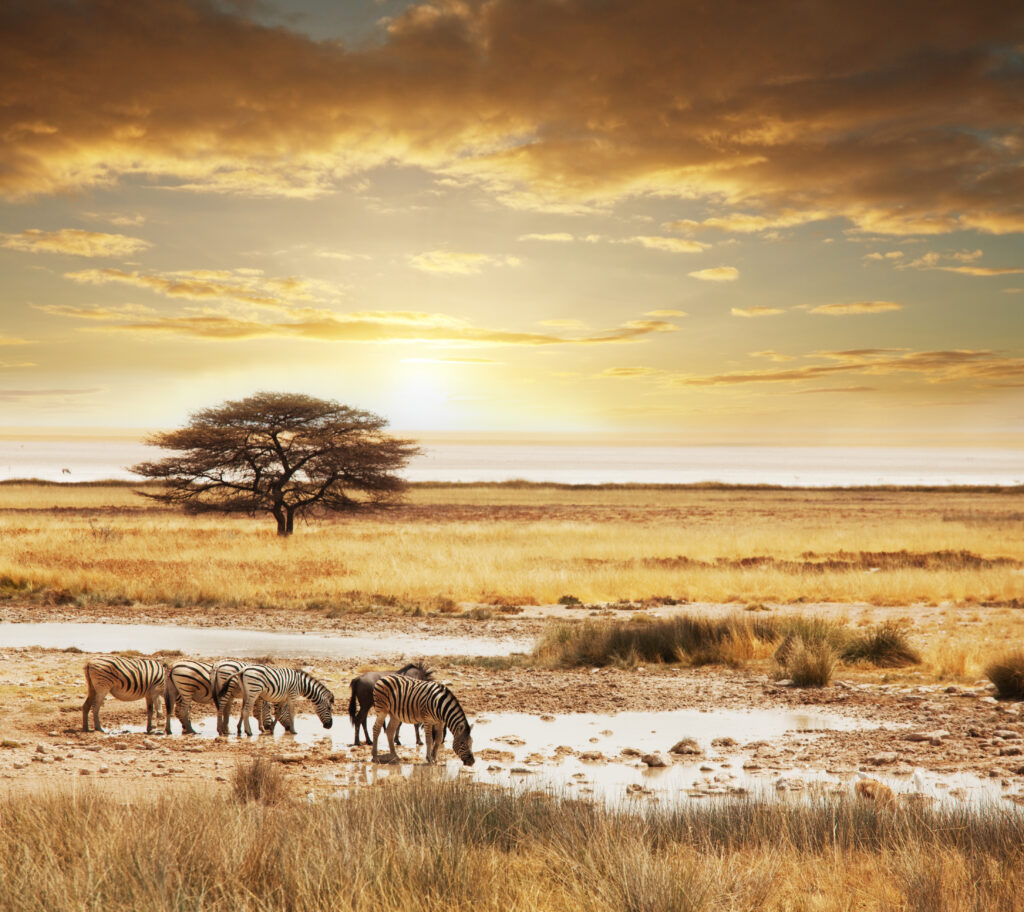
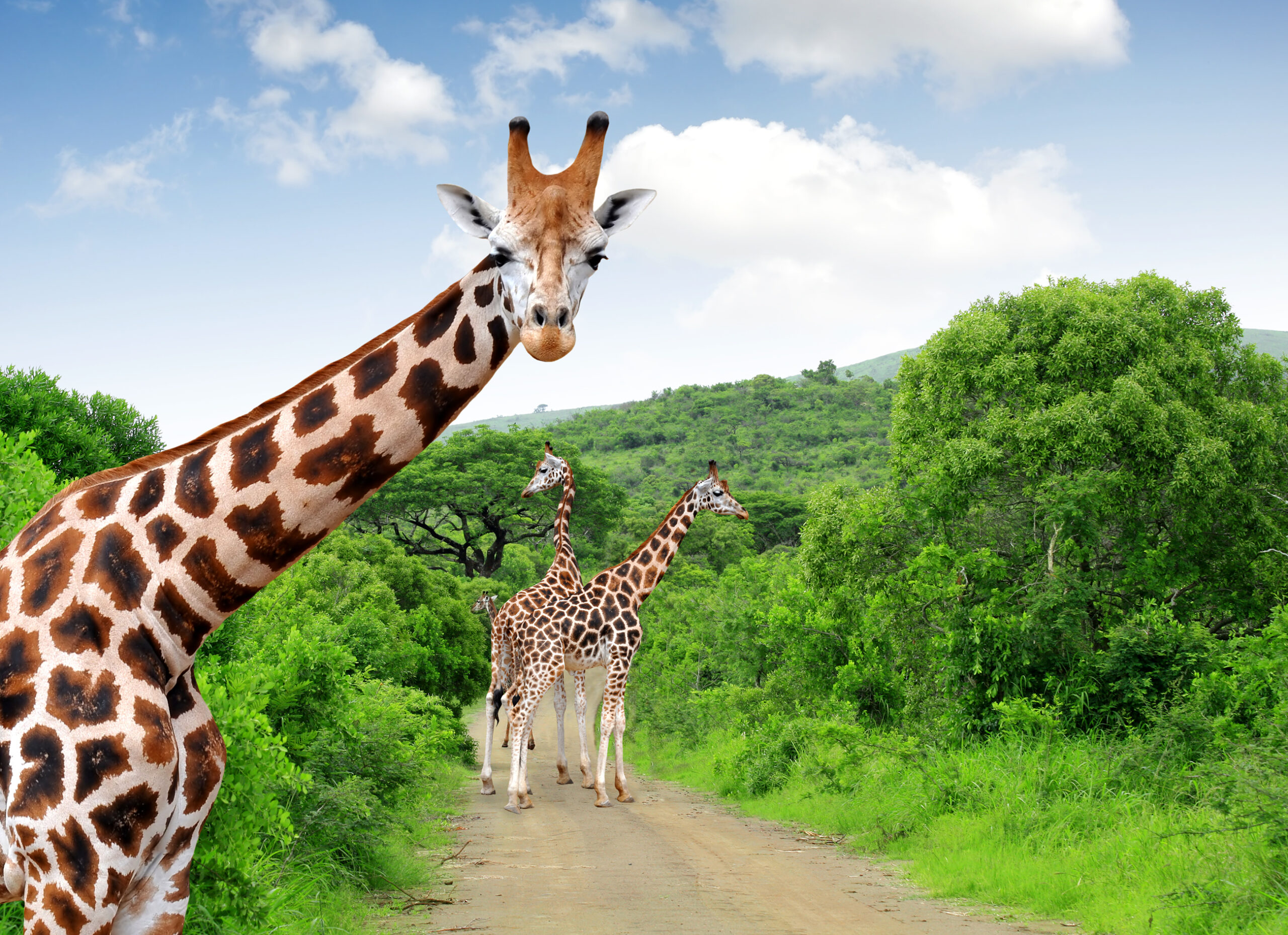
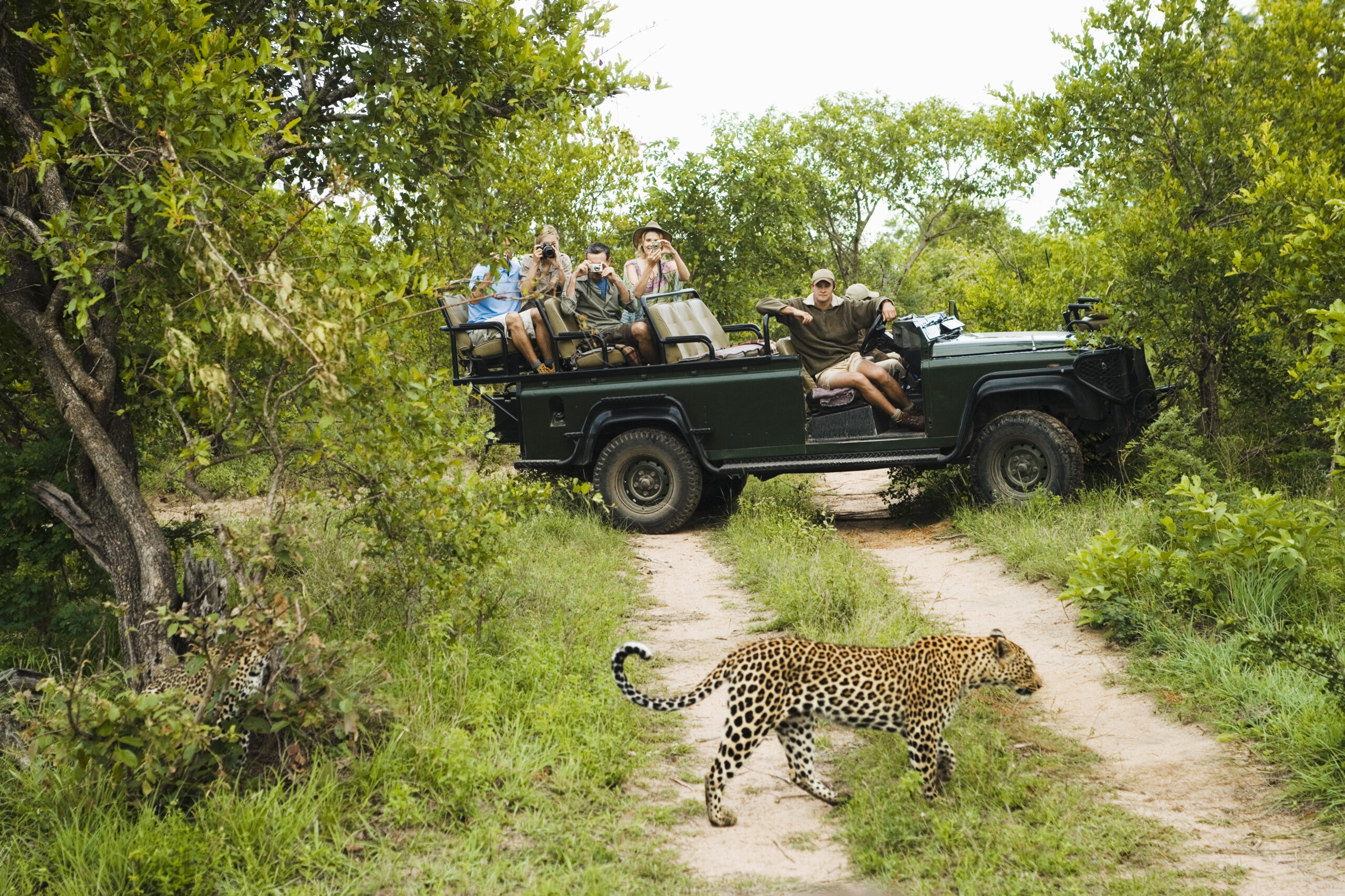
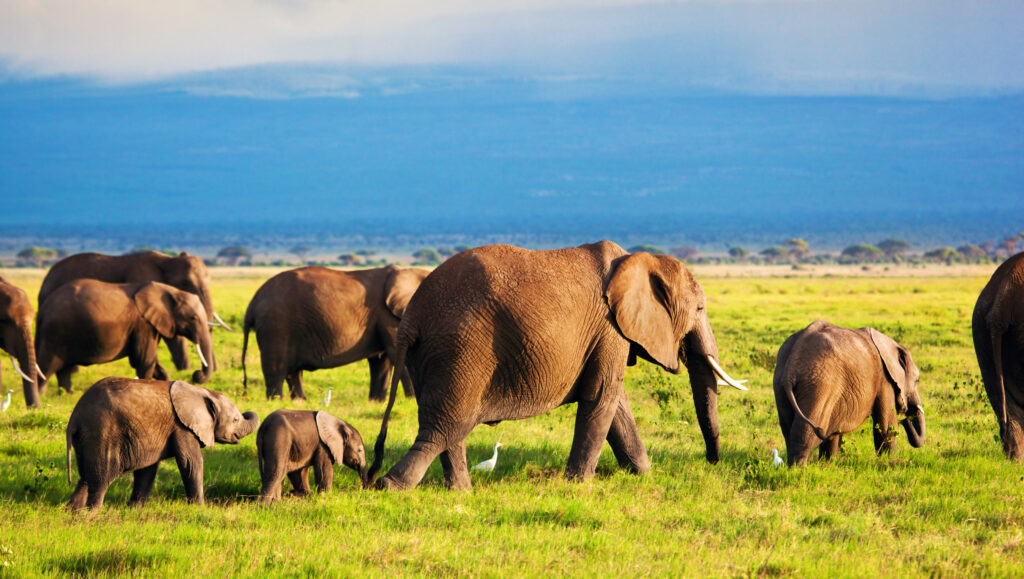
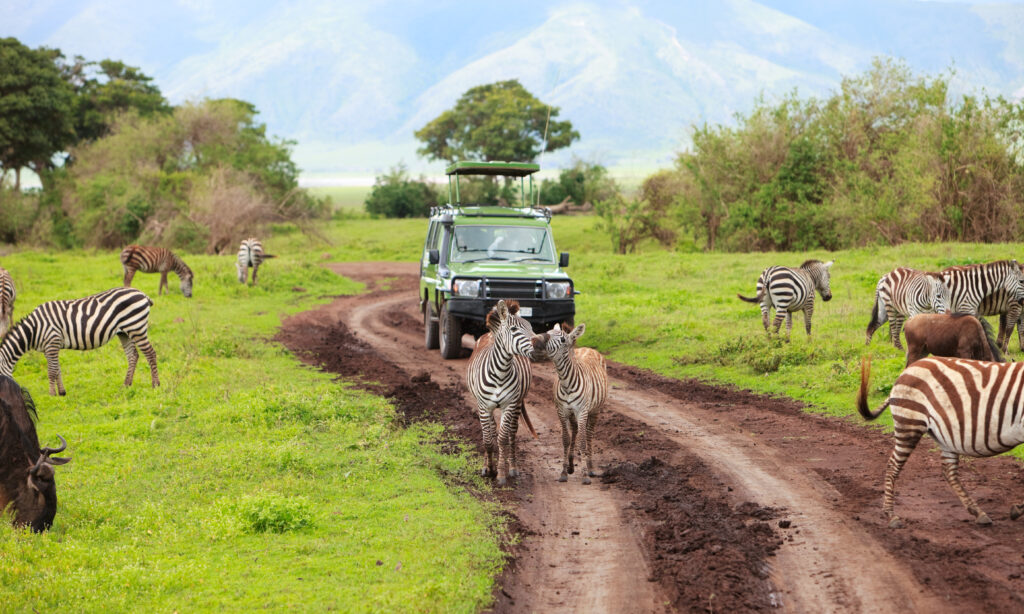
Leave a Reply